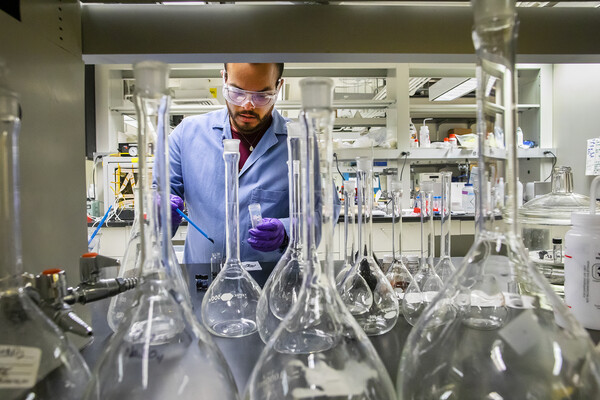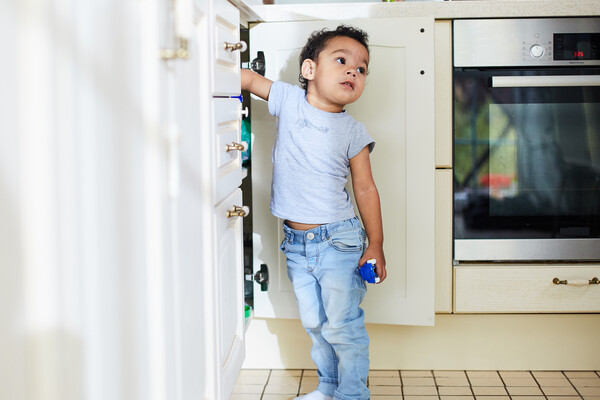
Articles from Michele W. Berger

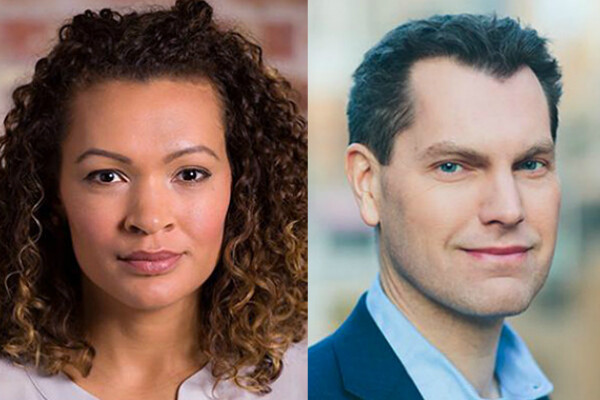
2020 Carnegie Fellows Sarah Jackson and Duncan Watts.
Sarah J. Jackson, Duncan Watts awarded 2020 Andrew Carnegie Fellowships
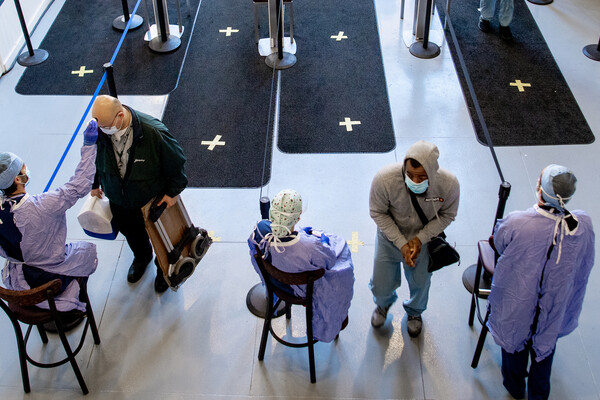
Nurses at the Hospital of the University of Pennsylvania, seen here in personal protective equipment, use thermal scanners to check the temperature of every person who enters the facility. (Image: Daniel Burke)
Nurses go beyond the caregiving
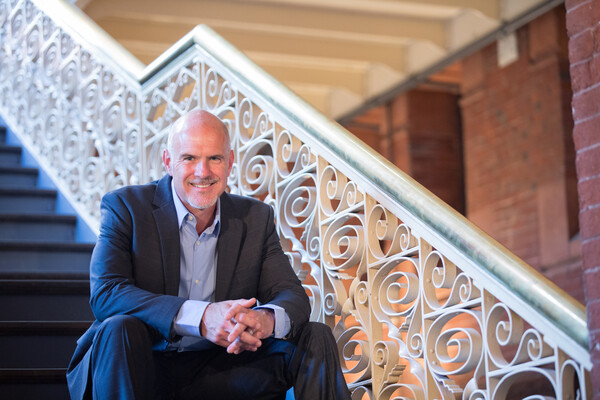
Penn Integrates Knowledge professor Michael Platt holds appointments in the Department of Psychology in the School of Arts & Sciences, the Department of Neuroscience in the Perelman School of Medicine, and the Marketing Department in the Wharton School.
Gaze and pupil dilation can reveal a decision before it’s made
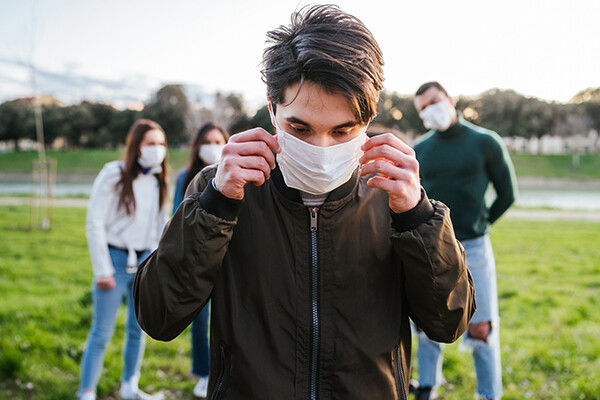
With support from parents, teens forge a path to handle social distancing
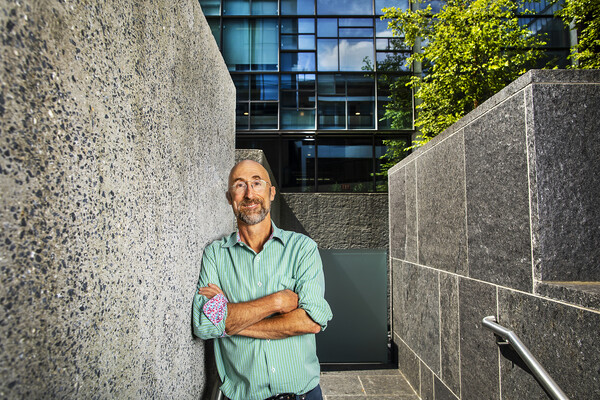
Lyle Ungar, a professor in the School of Engineering and Applied Science and one of the principal investigators of the World Well-Being Project, which has spent more than half a decade working on ways to grasp the emotional satisfaction and happiness of specific places.
Language in tweets offers insight into community-level well-being
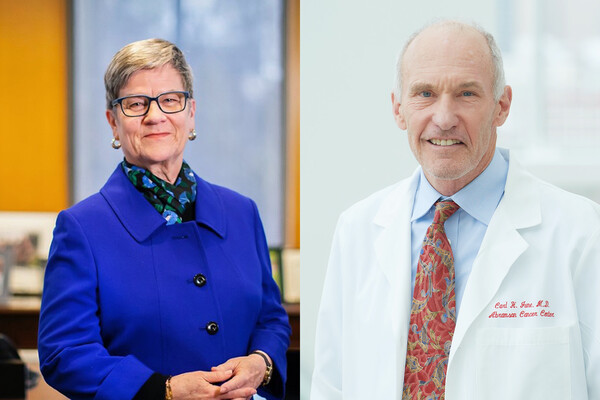
Kathleen Hall Jamieson and Carl June are among more than 140 new members elected to the National Academy of Sciences. (Image: Eric Sucar (L) and Courtesy of Penn Medicine)
Kathleen Hall Jamieson, Carl June elected to National Academy of Sciences

Continued CO2 emissions will impair cognition
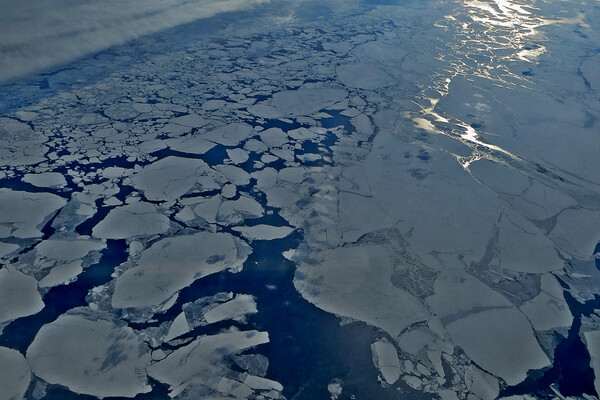
The Arctic could have almost no summer sea ice by 2040, decades sooner than projected by many climate models, according to a statistical analysis by economists Francis X. Diebold of Penn and Glenn D. Rudebusch of the Federal Reserve Bank of San Francisco. (Image: Wasif Malik/Flickr Creative Commons)
The Arctic could have almost no summer sea ice by 2040, decades sooner than expected
